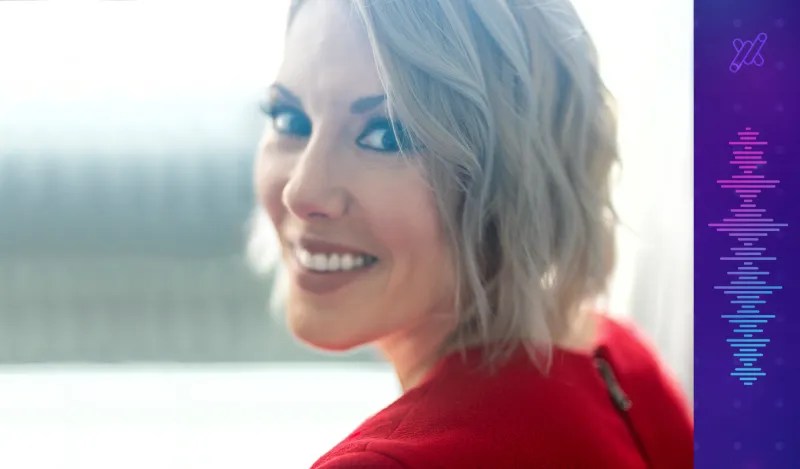Description
Antonia Hock, Global Head of The Ritz-Carlton Leadership Center, joined Mike Evenson on episode 11 of the Unobstructed podcast. They discussed Ritz-Carlton’s status as a culture-first and customer-centric organization that empowers its employees to innovate and create unforgettable experiences. Antonia shared why all staff members carry the Ritz-Carlton Credo Card and how it represents the heart and soul of their culture, values and service strategy.
They also talked about anticipating and adapting to changing customer needs in today’s virtual environment, strategies to cultivate loyalty and how carefully curated experiences – albeit digitally or in-person – can lead to dynamic transformation across brands.
Helpful links:
